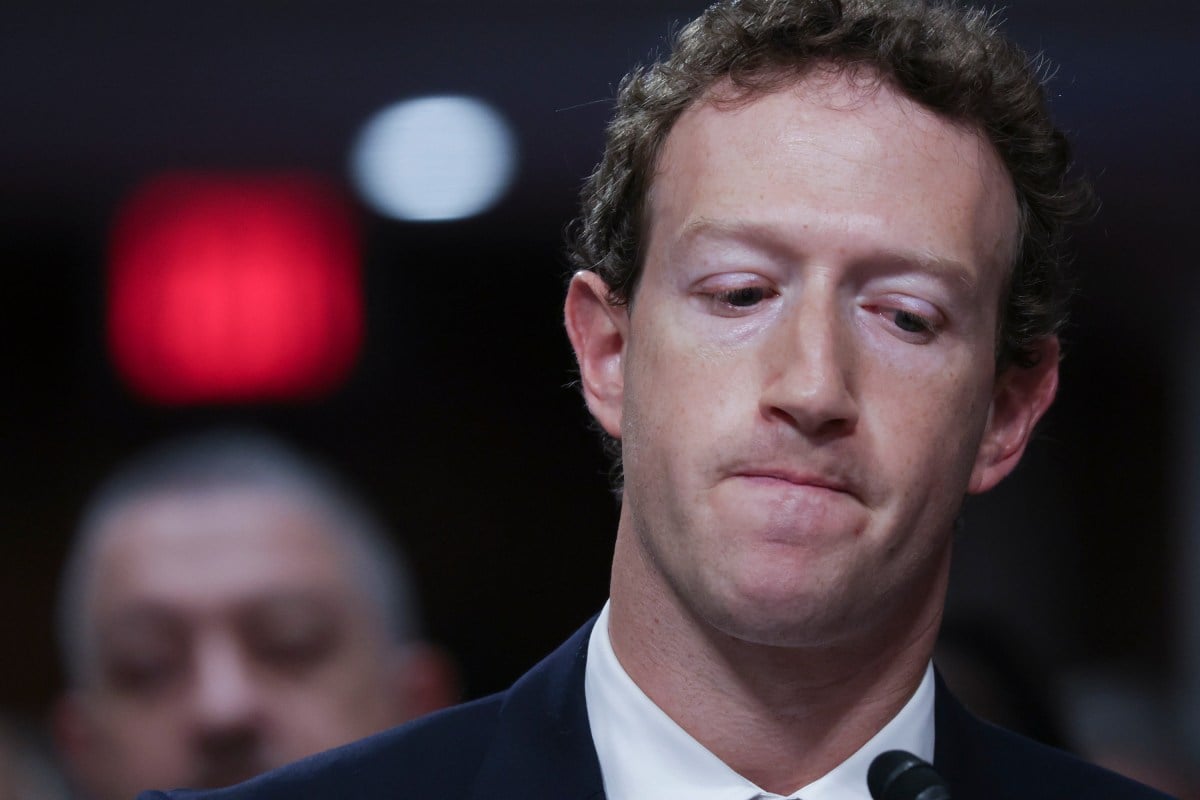Meta tried to gain a competitive advantage over its competitors, including Snapchat and later Amazon and YouTube, by analyzing the network traffic of how its users were interacting with Meta’s competitors. Given these apps’ use of encryption, Facebook needed to develop special technology to get around it.
Facebook’s engineers solution was to use Onavo, a VPN-like service that Facebook acquired in 2013. In 2019, Facebook shut down Onavo after a TechCrunch investigation revealed that Facebook had been secretly paying teenagers to use Onavo so the company could access all of their web activity.
After Zuckerberg’s email, the Onavo team took on the project and a month later proposed a solution: so-called kits that can be installed on iOS and Android that intercept traffic for specific subdomains, “allowing us to read what would otherwise be encrypted traffic so we can measure in-app usage,” read an email from July 2016. “This is a ‘man-in-the-middle’ approach.”
A man-in-the-middle attack — nowadays also called adversary-in-the-middle — is an attack where hackers intercept internet traffic flowing from one device to another over a network. When the network traffic is unencrypted, this type of attack allows the hackers to read the data inside, such as usernames, passwords, and other in-app activity.



I’d only accept the TikTok argument when it gets applied to all social media companies in equal measure.
We don’t need one-off bans that let the worst offenders get away with exploiting people’s personal data. We need a bill of privacy rights.
You’re focusing on one of the two issues I brought up, and ignoring the other categorically.
If you take off the nationalist filter you’ll see that they are the same issue.
Social networks don’t need middlemen, middlemen need social networks that rely on server/client architecture they can exploit.
So your argument is if the regulation isn’t perfectly applied to every possible instance of a potential violation simultaneously, then it should never be applied? How does that make any sense?
As opposed to selective enforcement of regulation mostly informed by nationalism and insider trading?
How is this even a question. XD
I think it’s a reasonable request that regulations be consistently applied rather than utilized at the whims of corporate favoritism. Facebook deserved a ban well before tiktok was an entity.